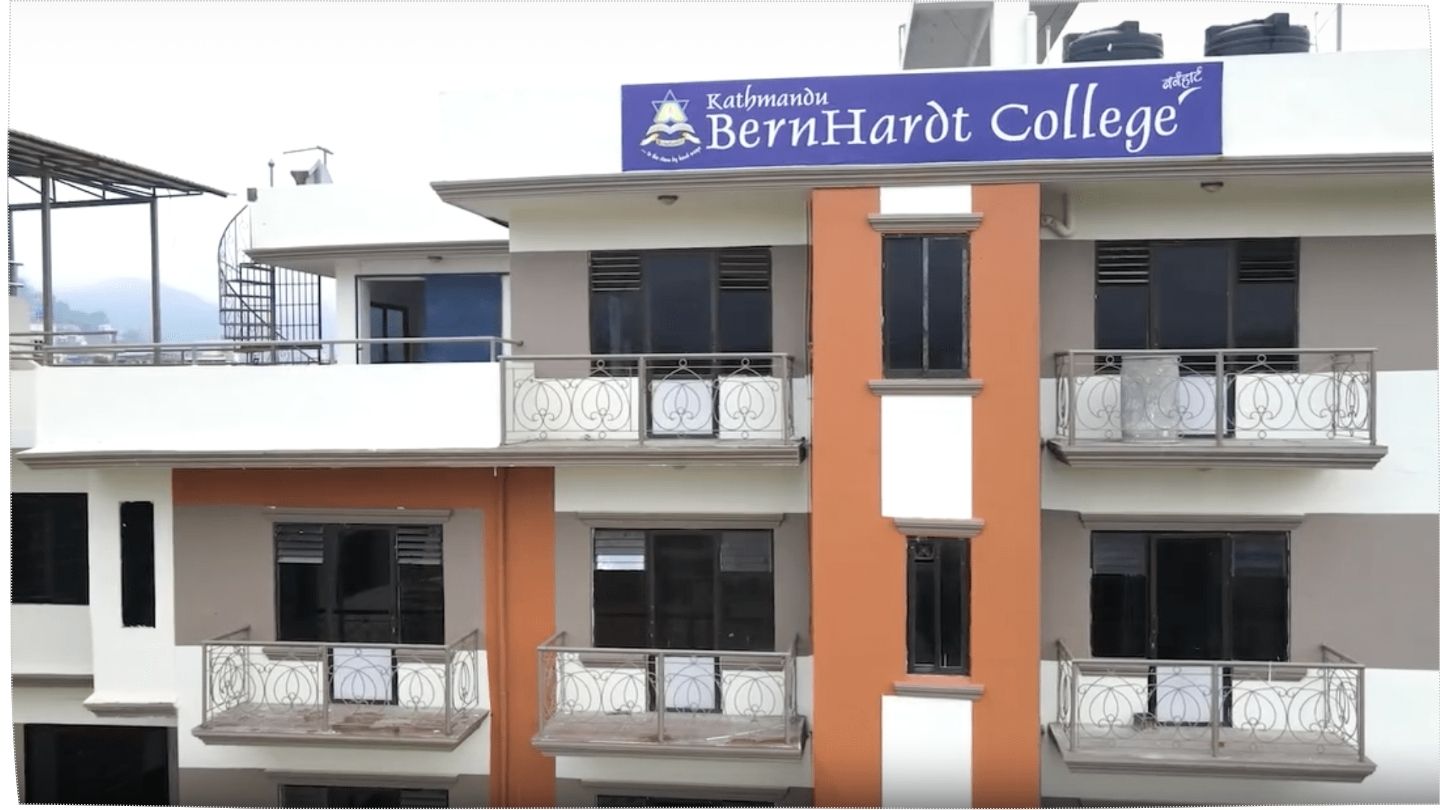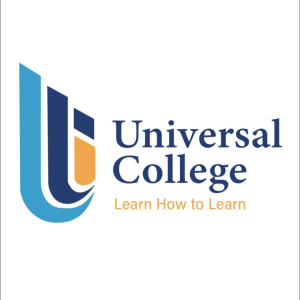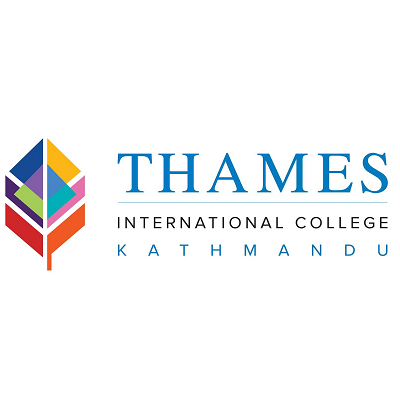Overview
BBM at Kathmandu BernHardt College, Bafal, Kathmandu
BBM at Kathmandu BernHardt College (KBC), Bafal, Kathmandu, follows Tribhuvan University’s semester system under the Faculty of Management. Students seeking BBM in Kathmandu, KBC BBM, and TU management degrees will find a clear view of the structure, workload, admission route, and outcomes. The course balances foundation theory, functional areas, and decision tools, then moves toward projects and internship exposure.
KBC runs BBM inside a predictable calendar. Teachers post semester plans early, run unit tests on set dates, and guide project milestones. The campus provides classrooms with projection, seminar space, and a library for case work and readings.

Highlights
-
Affiliation: Tribhuvan University (Faculty of Management)
-
Duration and load: Four years, eight semesters; credit load as per TU BBM framework
-
Entry route: CMAT-based admission model under TU rules
-
Campus supports: Classrooms with projection, library, seminar hall, computer/digital labs, cafeteria, lifts, open areas, basement parking
-
Location and contact: Bafal, Ring Road, Kathmandu; 01-5237330 / 01-5237361; ktmbernhardt@kbc.edu.np
Curriculum Details
BBM brings together business tools and functional depth. Typical components include:
-
Foundations: Microeconomics, macroeconomics, business mathematics, statistics, business communication
-
Functional areas: Financial accounting, cost/management accounting, financial management, marketing management, operations and service management
-
People and organizations: Organizational behavior, human resource management, leadership and team work
-
Decision support: Management information systems, database basics for managers, business research methods
-
Context and policy: Business environment in Nepal, ethics and corporate governance, entrepreneurship
-
Application: Project work and internship in later semesters
Electives often include banking and financial services, investment and portfolio basics, service operations, event management, labor relations, and negotiation skills. The college finalizes the elective basket each session based on TU rules and staffing.
Objectives
-
Build a solid base across business functions and decision tools.
-
Strengthen analytical thinking, teamwork, and presentation habits.
-
Encourage ethical practice while working with data, cases, and live examples.
Scope
Graduates enter roles in banks, insurance, trading houses, service firms, and startups. Positions often begin in admin, sales, customer relations, operations, and junior analysis. Many graduates pursue MBA or specialized master’s degrees after gaining experience.
Learning Outcomes
-
Analyze problems using accounting, finance, and marketing frameworks.
-
Present short, evidence-based recommendations using clear tables and charts.
-
Use spreadsheets and basic database tools for routine decisions.
-
Manage team tasks, timelines, and documentation for projects or internships.
Skill Development Modules
-
Quant and tools: Spreadsheet models for cash flow, costing, and dashboards.
-
Case writing: Two-page briefs that state issue, options, and a clear recommendation.
-
Research basics: Sampling, short questionnaires, and data cleaning for class projects.
-
Presentation skills: Structured slides, speaking drills, and time checks.
Teaching Methodology
Faculty blend lectures, labs, and seminars. CMAT preparation tips are shared during counseling so new students understand expectations. Internal assessments include quizzes, mid-terms, assignments, and presentations. Feedback is practical—what to keep, what to fix, and how to improve in the next task.
Admission Requirements
-
Minimum qualification: Ten-plus-two or equivalent as per TU Faculty of Management rules.
-
Entrance: CMAT-based model under TU; the yearly notice sets dates and format.
-
Documents: SEE and +2 transcripts, character and migration certificates (as applicable), photos, and ID copy.
-
Intake note: Follow TU and college notices for forms, admit cards, and seat allocation.
Career Opportunities
-
Banking and insurance trainee
-
Operations and administration associate
-
Sales and customer relations
-
Junior business analyst / MIS support
-
Entrepreneurship in services or trading
Outcomes improve when students maintain a portfolio that includes case briefs, spreadsheets, and a project report. Clear writing and presentation habits matter during selection.
Scholarships and Financial Aid
KBC shares scholarship information during admission counseling. Ask for the written policy that explains categories, eligibility, required documents, percentage ranges, and renewal tied to performance and attendance.
Why Choose This Course?
-
Semester structure that spreads learning across eight terms and keeps assessments regular.
-
Functional coverage that touches accounting, finance, marketing, operations, and people topics.
-
Decision tools that build spreadsheet and reporting confidence for entry roles.
-
Campus setup that supports classes, seminars, and small project teams.
Conclusion
BBM at KBC fits students who enjoy steady tasks, case writing, and team projects. The course helps you learn the language of business and practice the routines used in service and finance roles. Parents and educators can review the current TU notice and the college office schedule before admission.
FAQ
Is BBM semester-based at KBC?
Yes. BBM runs for eight semesters under TU.
Do I need CMAT for BBM?
Yes. TU uses CMAT for BBM admission. Check the current notice for dates and format.
What kind of projects will I handle?
Market scans, service audits, budget sheets, and brief reports that teach concise analysis.
Can BBM lead to an MBA later?
Yes. Many graduates work for a few years, then apply to MBA or a specialized master’s program.
How do I prepare for classes each week?
Read assigned chapters early, attempt practice questions, update your spreadsheet files, and bring a short list of doubts to tutorials.






















